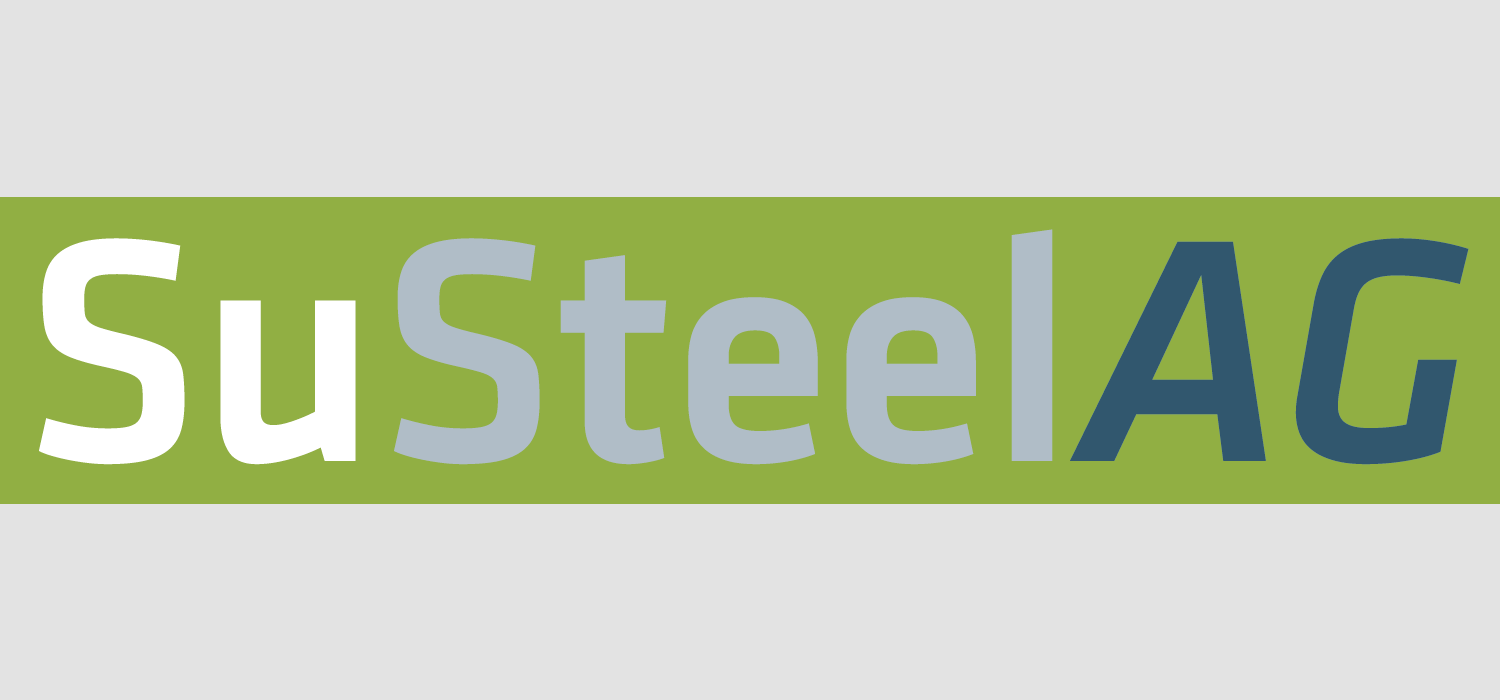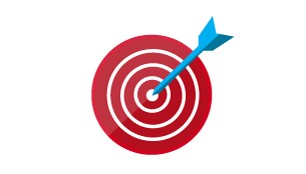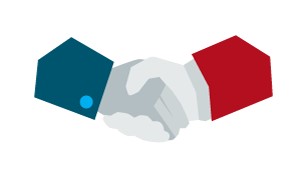
Source: BAM
Project period
01/01/2025 - 31/12/2027
Project type
Collaborative research project
Project status
Ongoing
Description
SuSteelAG offers an attractive technical solution for the production of green German steel in its strategic alliance between Germany and Australia. The production of green iron in Australia with green hydrogen solves existing challenges in Germany.
Location
Bundesanstalt für Materialforschung und -prüfung (BAM)
Richard-Willstätter-Straße 11
12489 Berlin
Source: SuSteelAG
Source: BAM
Source: BAM
Source: BAM
Funding
Federal Ministry of Research, Technology and Space
FKZ: 03SF0777
Total Costs: 6.54 Mio euros
Funding: 4.49 Mio euros
Coordination
BAM
Partner
11 further partners worldwide
The steel industry is currently one of the largest CO2 emitters in the world. Around 7% of global anthropogenic CO2 emissions are produced during iron smelting. Carbon is used both as an energy source and as a reducing agent. It is possible to replace carbon as a reducing agent with hydrogen. Converting the carbon-based blast furnace route to a natural gas or hydrogen-based direct reduction route requires not only the provision of reducing gases, which should be produced as climate-neutrally as possible, but also processed, lumpy iron carriers for the direct reduction plants. The processing and pelletizing of these Fe carriers involves considerable effort and emissions in the producing countries.
As an alternative route to the established direct reduction plants, which are based on the principle of gas-flowed charging in the shaft furnace, it is possible to reduce fine ores directly in the rotary furnace using hydrogen and then briquette them for further processing. This eliminates the need for pelletizing and drying, which can further reduce emissions.
The main iron ores used today mainly come from regions with a large potential for renewable energies (Australia, Brazil, South Africa, Canada, Sweden). This results in the option of using local renewable energies to carry out the energy-intensive reduction process at the ore processing site. The already reduced and compacted iron carriers can be delivered to the steel-producing industry. This avoids the transport-related conversion losses of energy sources and significantly reduces the need for renewable energy in the countries where steel is produced.
As part of the project, various ore qualities with an iron content of 55% to 70% are to be processed, which cannot be used economically to date. The use of local resources, and in particular the minimization of the necessary water extraction by recycling the water produced during the reduction process for electrolysis, is another focus of the planned project.
As part of the SuSteelAG project, the production of green iron based on various ore qualities from the Australian project partner Fortescue is to be optimized, demonstrated and prepared for large-scale implementation. The project covers the entire technical treatment chain, product quality and the entire logistics chain for import to Germany. In addition, a comprehensive sustainability analysis will be carried out. The work of the sustainability analysis (LCA and LCC) serves to identify hot spots, derive further optimization potential and quantify the influence of individual processes and process parameters on the product carbon footprint of the end product steel.
Funding
Federal Ministry of Research, Technology and Space
FKZ: 03SF0777


